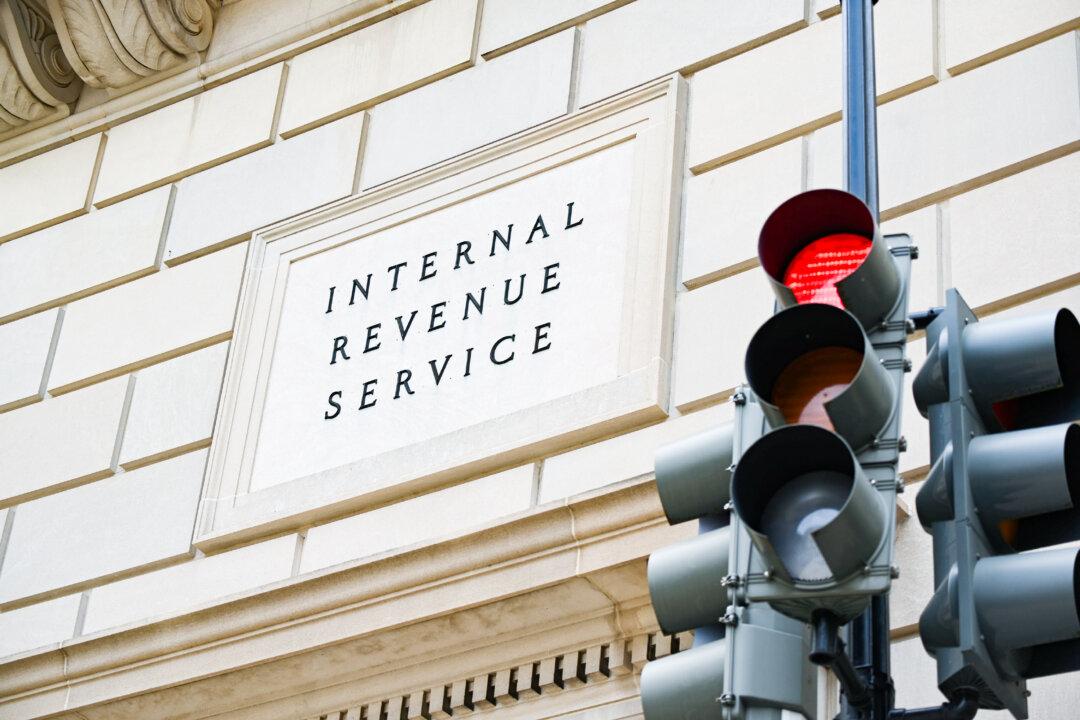The IRS is planning to spend tens of billions of dollars to audit wealthy taxpayers and corporations, according to the agency’s strategic operating plan released on April 6.
“People who get W-2s or Social Security payments or have a small business should not be worried about a sudden new wave of IRS audits,” IRS Commissioner Danny Werfel told reporters on April 6 about the agency’s plans. “We’re taking that off the table. Our focus will be on other high dollar areas for quite some time because there’s a lot of work to do in those more complex areas of tax law that will take years to accomplish.”





